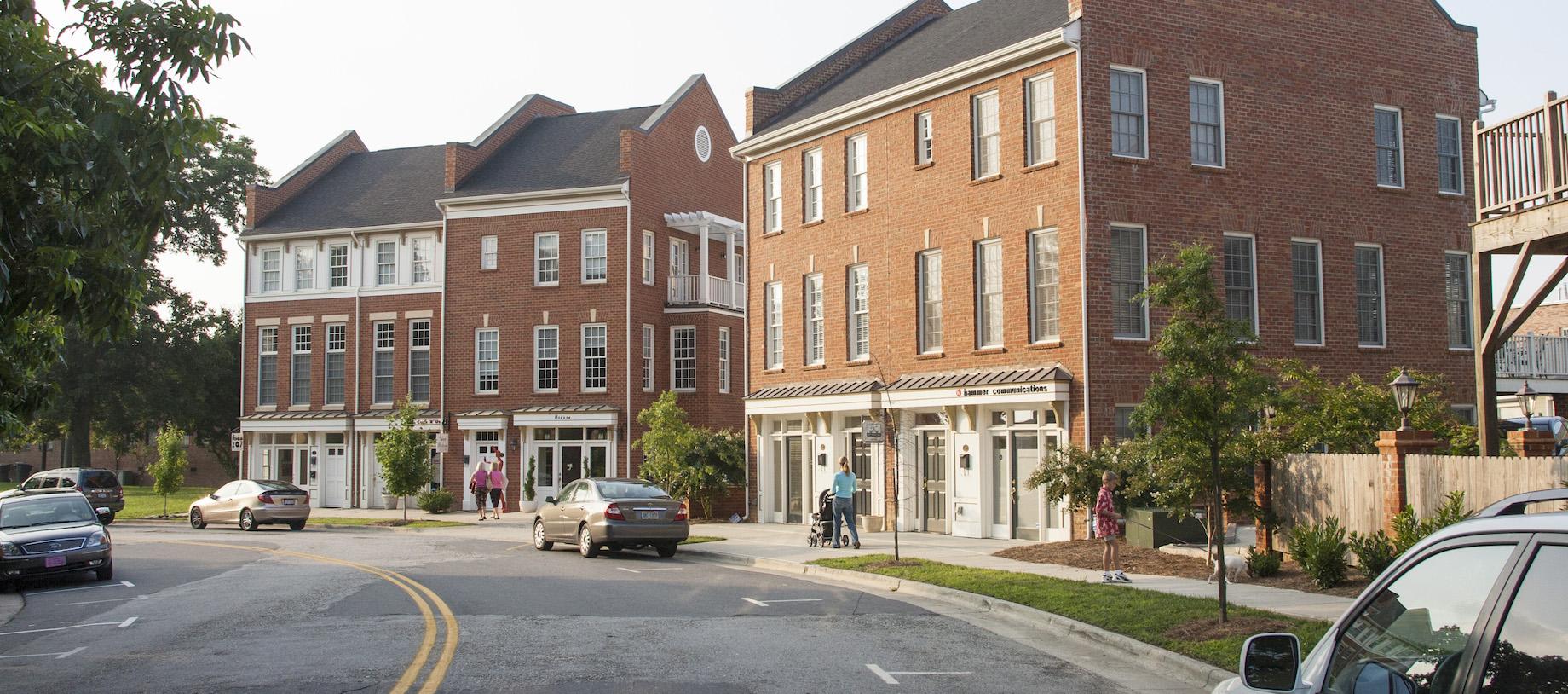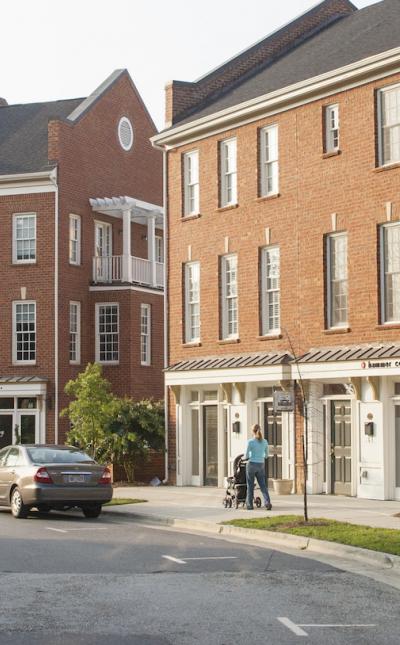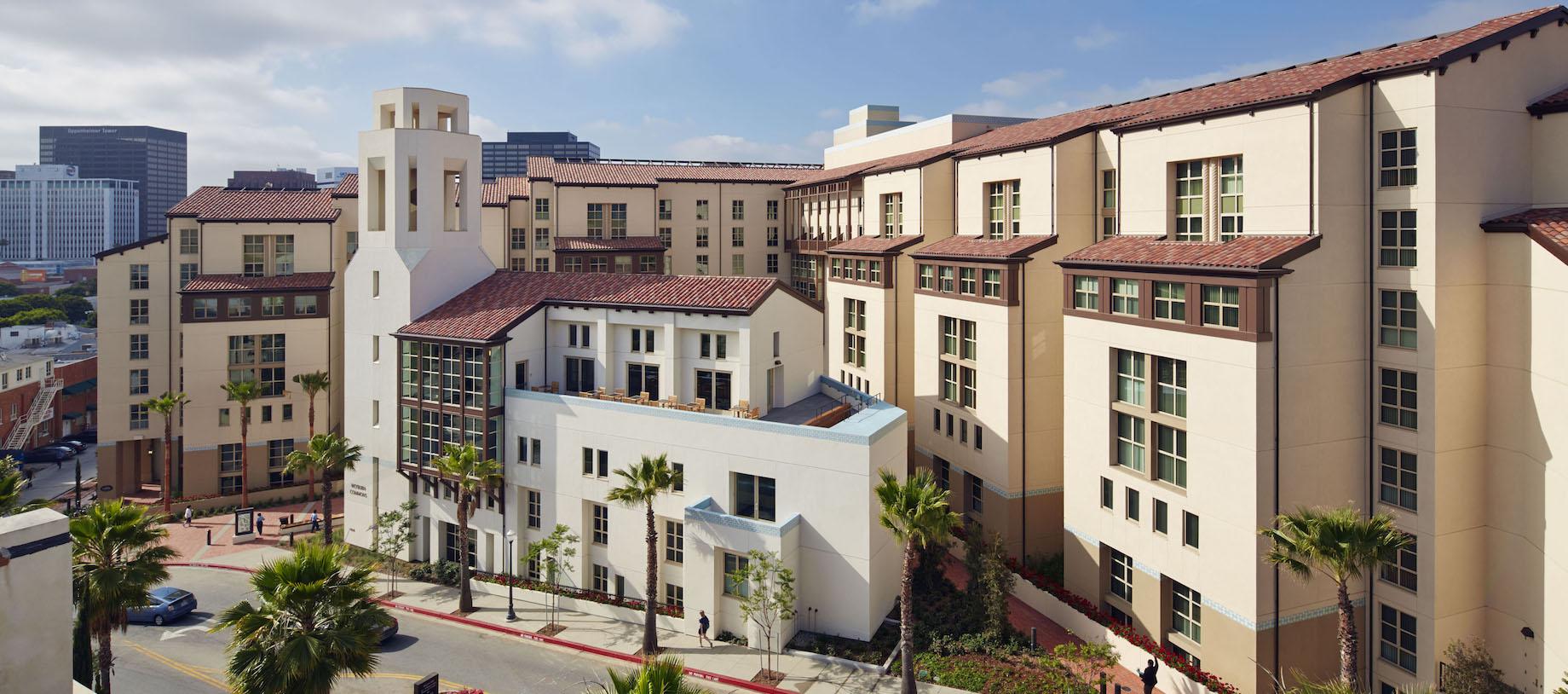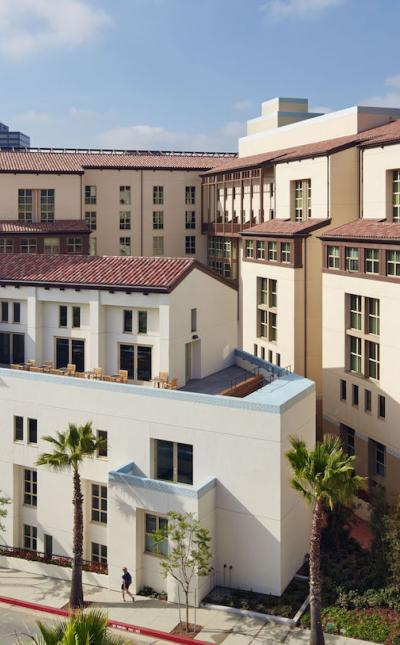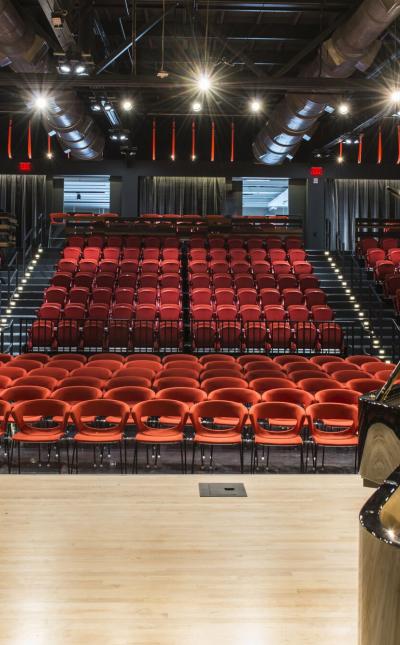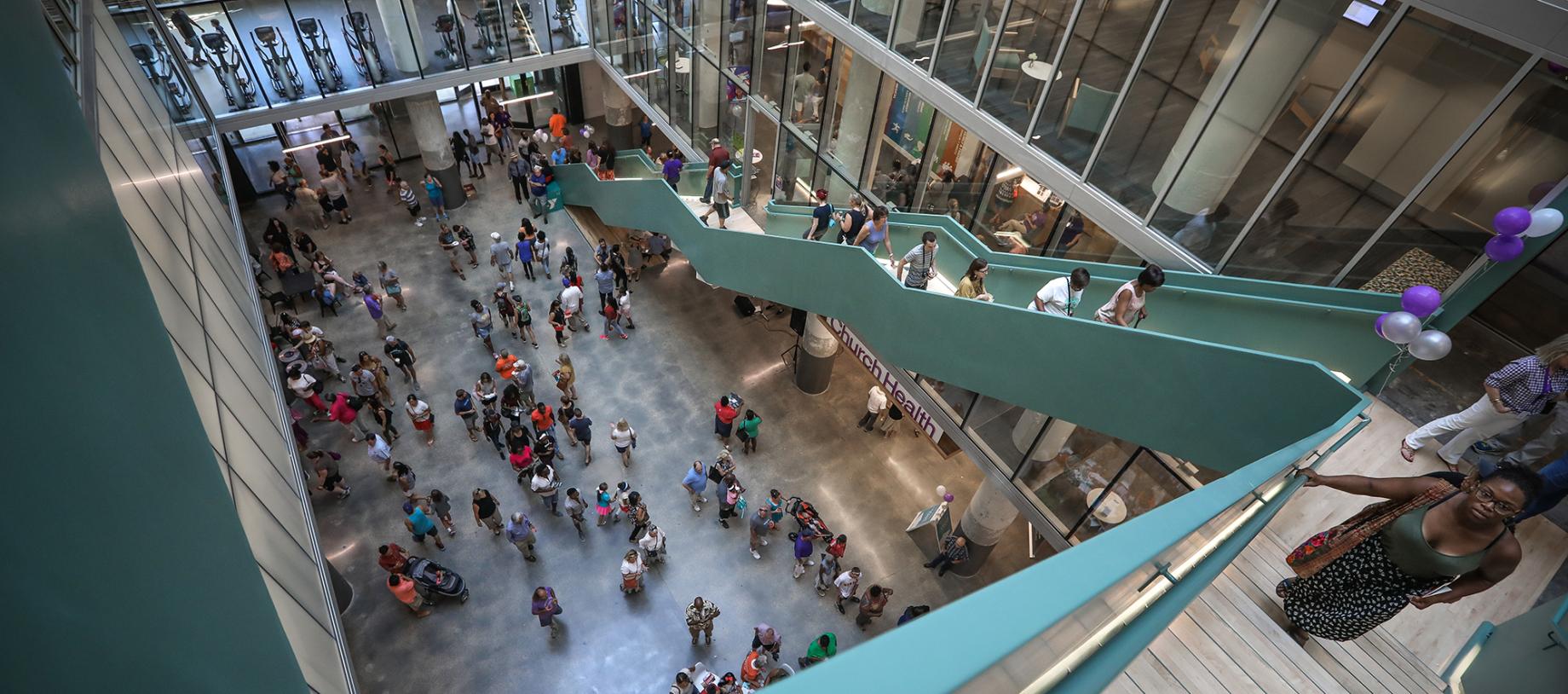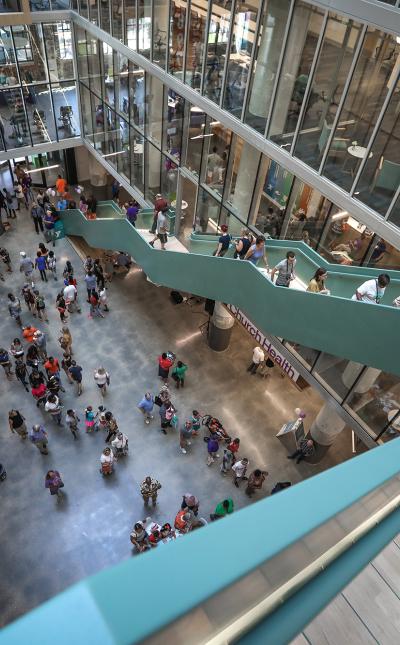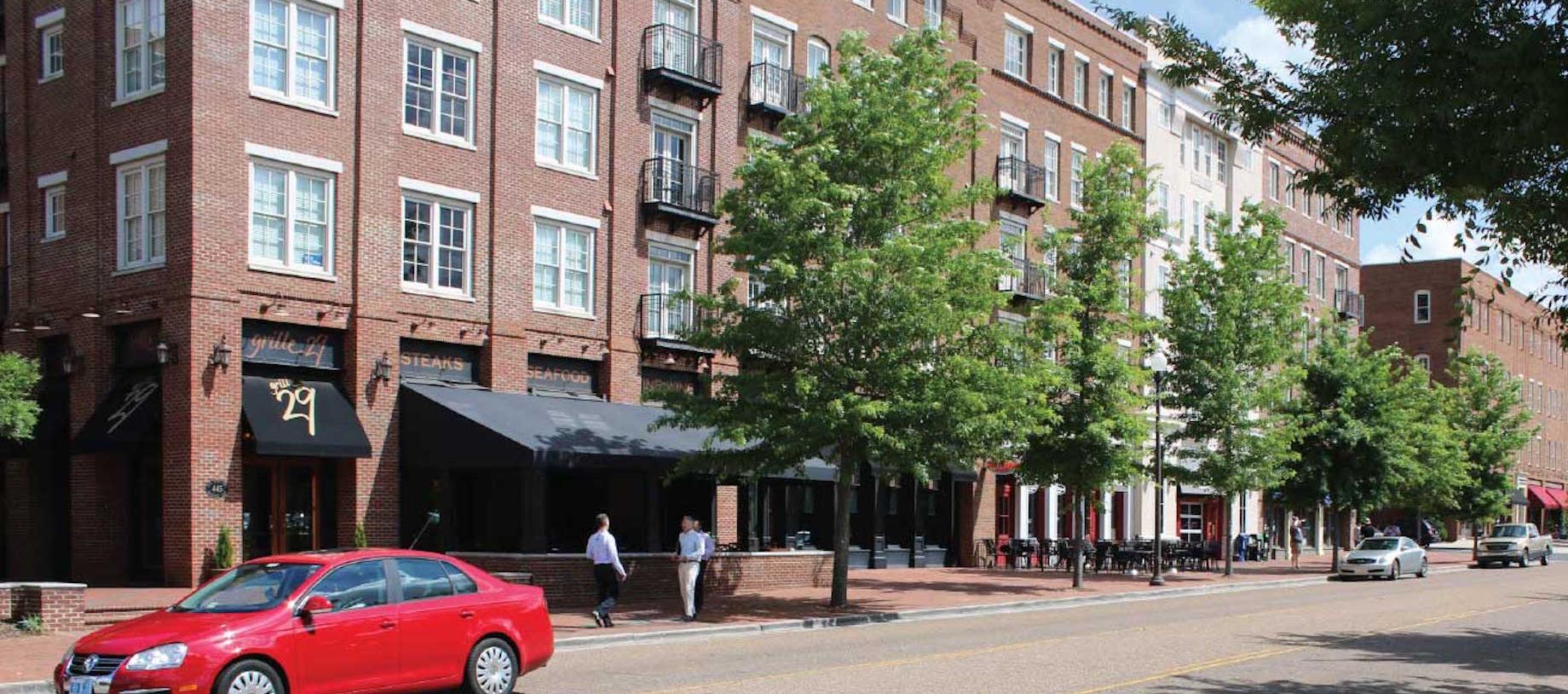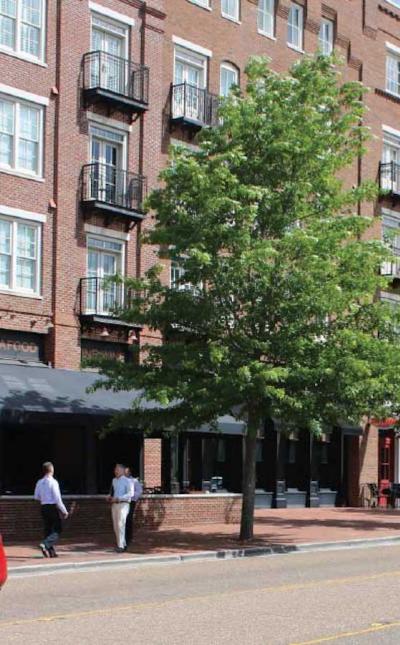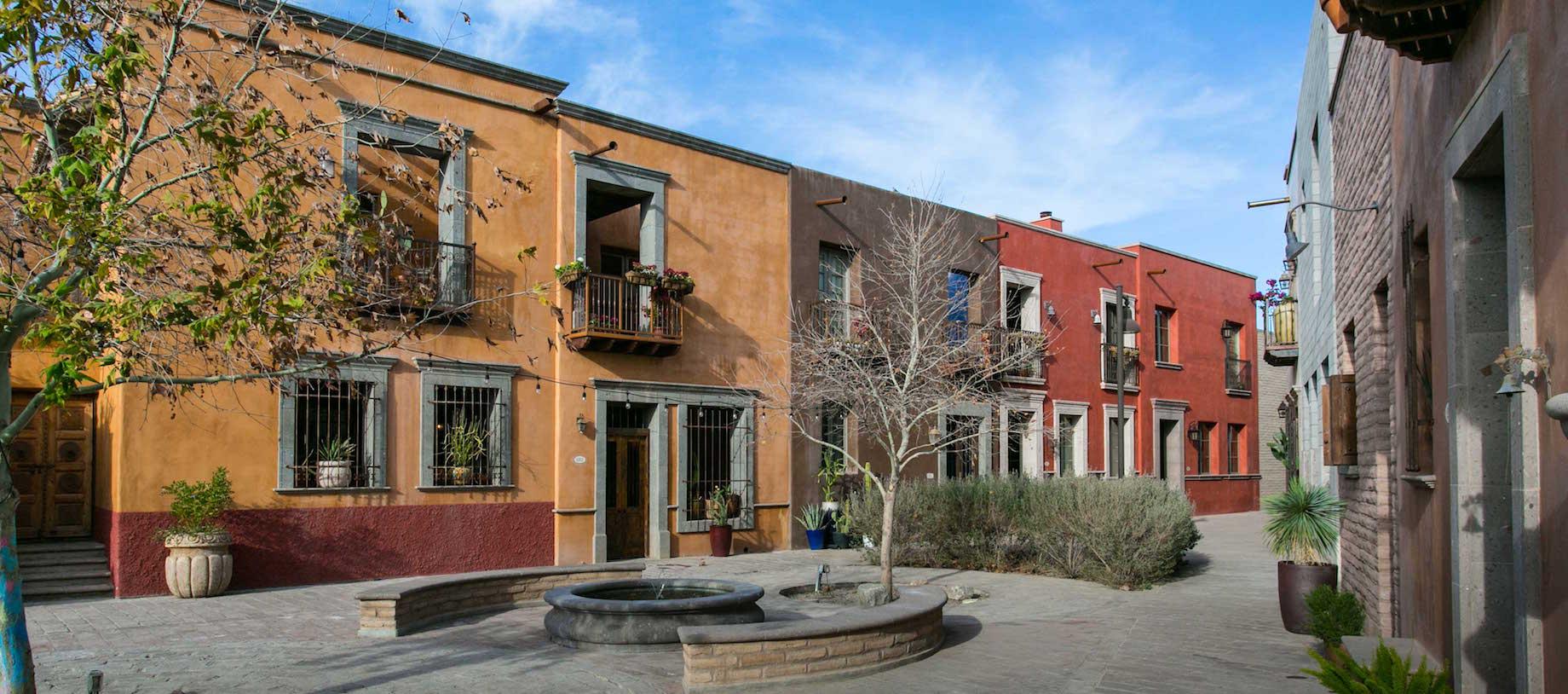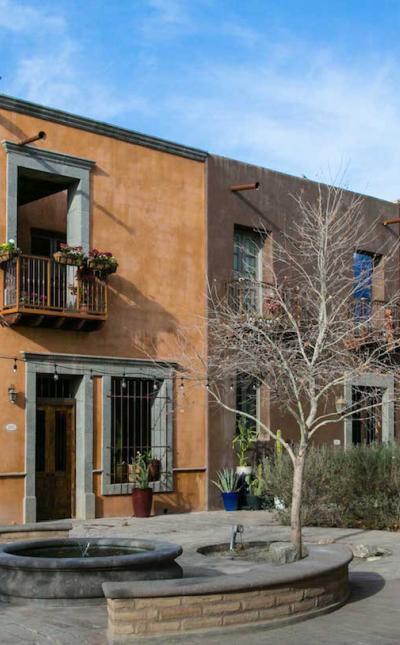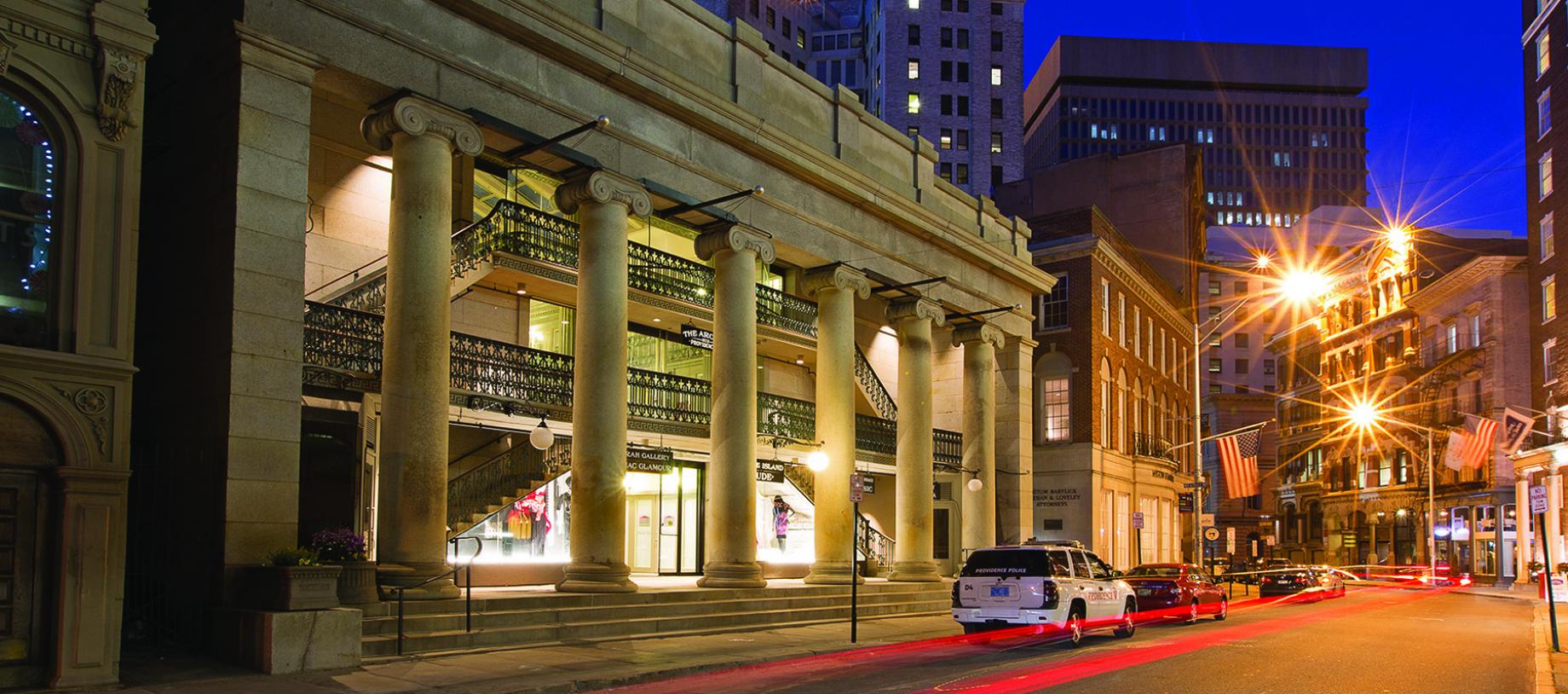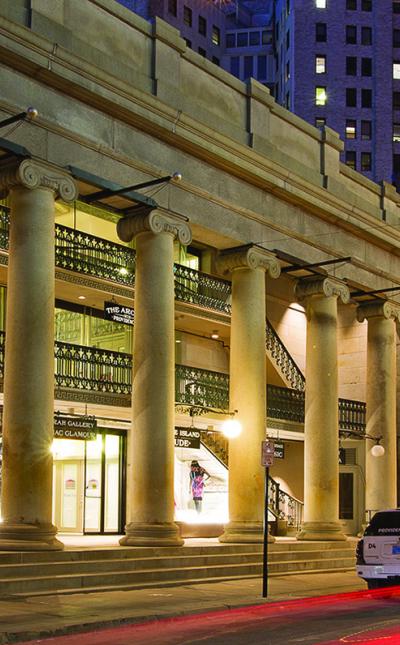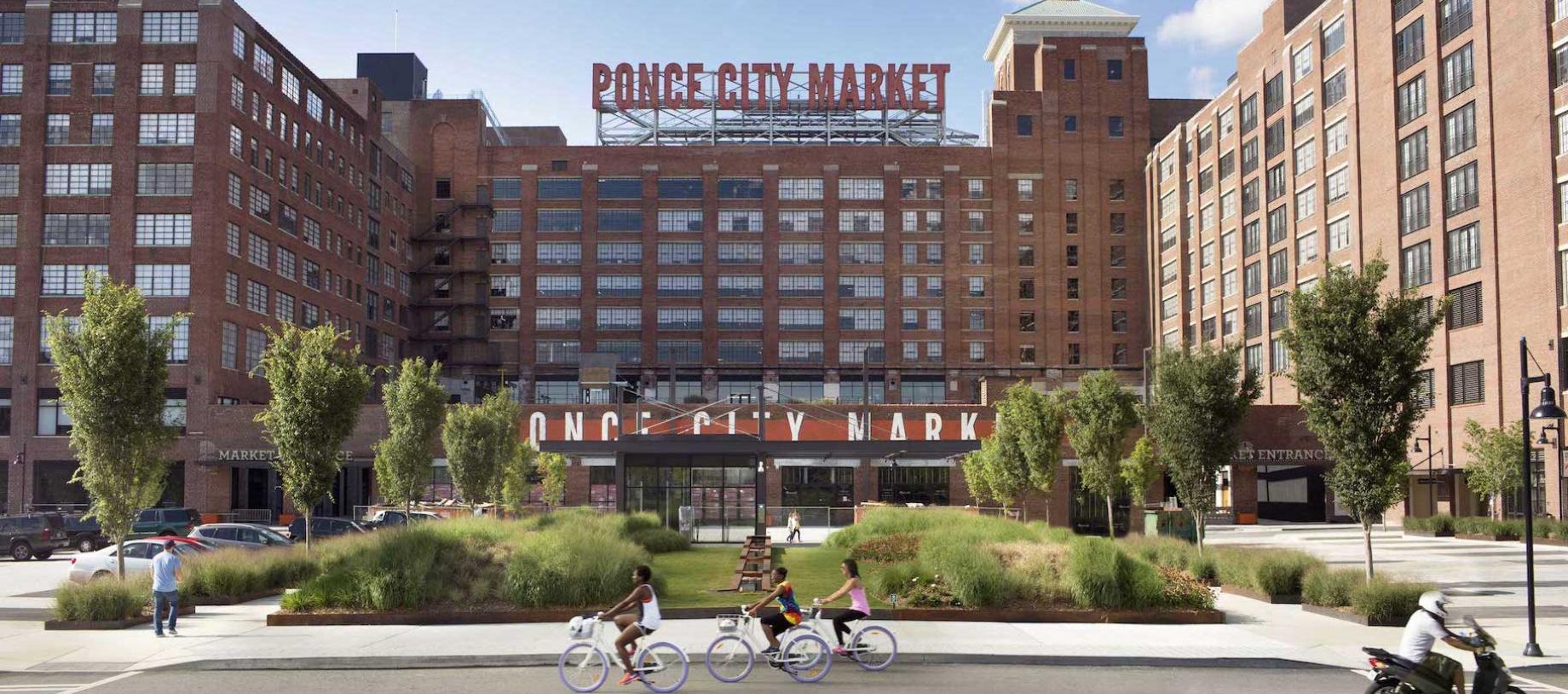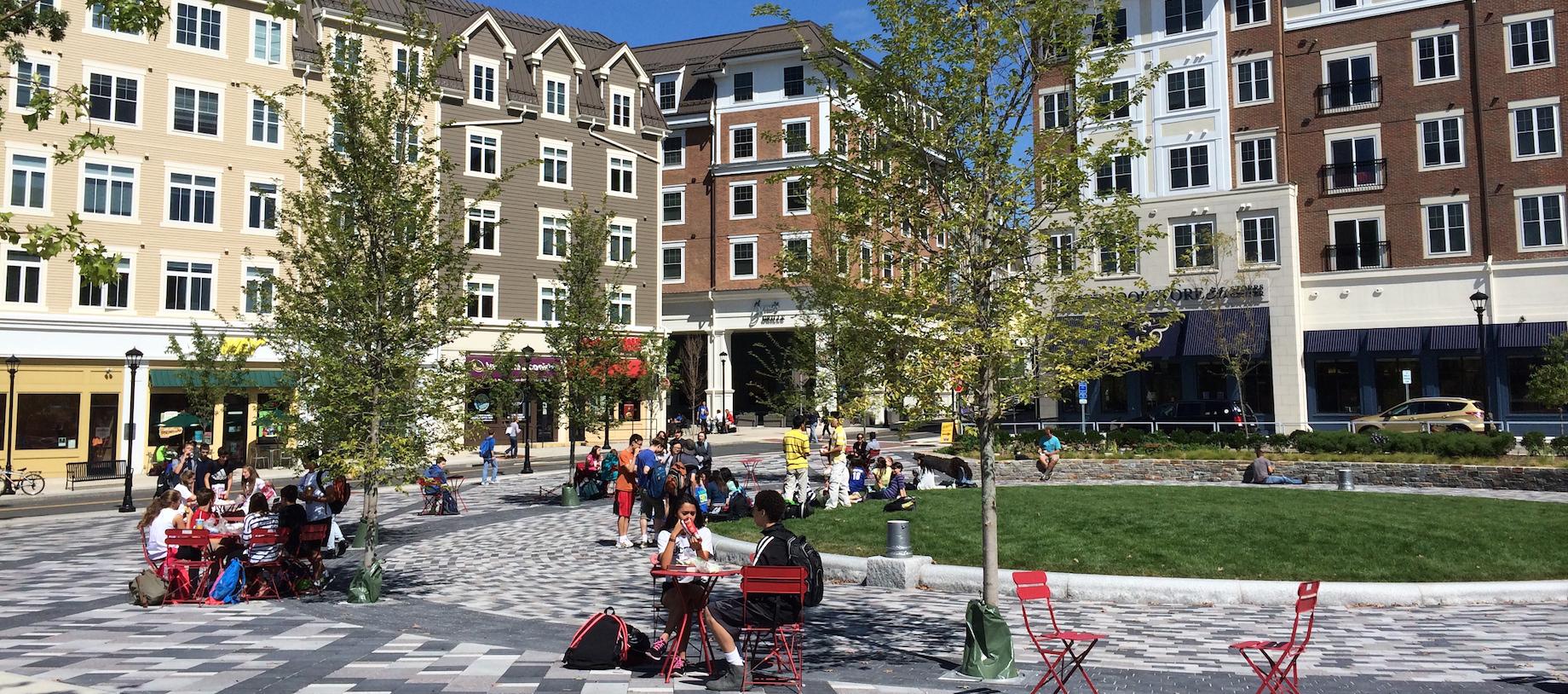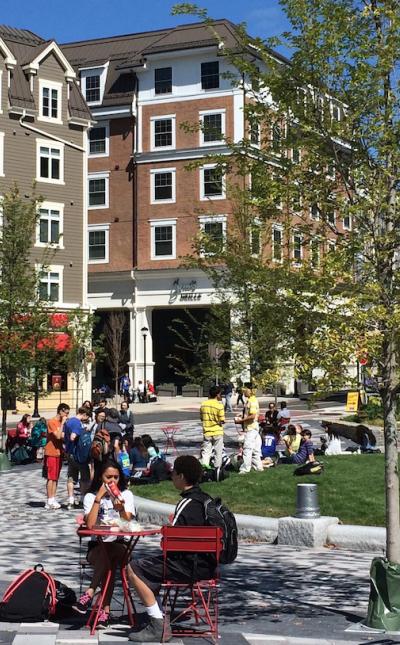Background
I-980 remains a testament to the intense disapproval of freeway construction at the end of the highway-building era. Initially proposed in 1947, public opposition to its construction grew so strong that the project was abandoned in 1971, leaving only a fraction of the highway completed at 18th Street in West Oakland.
Highway construction had already devastated central Oakland. Two preceding highways, the MacArthur and Cypress Freeways, cut off West Oakland's primarily African American residents from employment opportunities and razed homes and locally-owned businesses. After several years of construction calm, Oakland's business interests lobbied the Governor to restart the I-980 bring people to Oakland's City Center development. The highway was resurrected as part of the Interstate highway system and finally completed in 1985, over a decade after it was thought dead.
Now, the excessively wide highway cuts a 2-mile long trench that prevents West Oakland from enjoying the revival experienced by Uptown Oakland, the neighborhood on the opposite side of I-980 and its parallel frontage roads.
Moreover, the economic benefits promised as part of this highway's construction failed to materialize. Instead, the West Oakland neighborhoods adjacent to I-980 experience some of the highest asthma rates in the state of California (in the 99th and 100th percentile) and have notably poor access to healthy foods. Meanwhile, less than a quarter-mile away across I-980, Uptown Oakland is undergoing a renaissance. West Oakland residents should be able to walk to Uptown's services and amenities but are effectively cut off by a daunting route that consists not only of the Interstate highway, but also a pair of frontage roads that serve fast-moving traffic. The right-of-way for all of this asphalt is an enormous 560 feet wide.
Caltrans acknowledges that the current number of lanes is excessive to accommodate the 92,000 cars per day that travel the road, a volume that accounts for only 53 percent of possible capacity. Most of these vehicles are local traffic, with both origins and destinations along the northern part of the corridor. Most trucks that prefer wide lanes to service Oakland's port already opt for I-880 over I-980. A surface boulevard integrated into a street grid along the route of I-980 would have the capacity to handle the traffic in a more suitable fashion.

The Proposal
With this proposal in hand,ConnectOAKLAND has engaged private, public, and professional stakeholders successfully for years. Today, many local leaders and community activists in West Oakland support the plan and Mayor Libby has championed the removal of this underutilized section of highway.
Downtown Oakland Specific Plan, released as a draft in Fall 2019, weaves the removal of I-980 with broader equity and housing goals. A prominent housing and mobility policy with significant equity impacts centers on the long-term future of I-980, stating: "Study the long-term feasibility of replacing I-980 with a multi-way boulevard to better connect West Oakland and downtown; creating opportunities for new housing and other uses, using the revenues from public land to repair inequities caused by the creation of I-980, and supporting walking, biking, and transit." The plan suggests a multi-way boulevard may be the best option for replacement. The plan claims that the boulevard conversion would amount to 5,000 new residential units and 1.5 million square feet of commercial space. Although much work remains to be done, the removal of I-980 would advance many community goals while opening up opportunities for equitable development.

Get Involved
To stay up to date on the progress in Oakland, visit ConnectOAKLAND's website.

